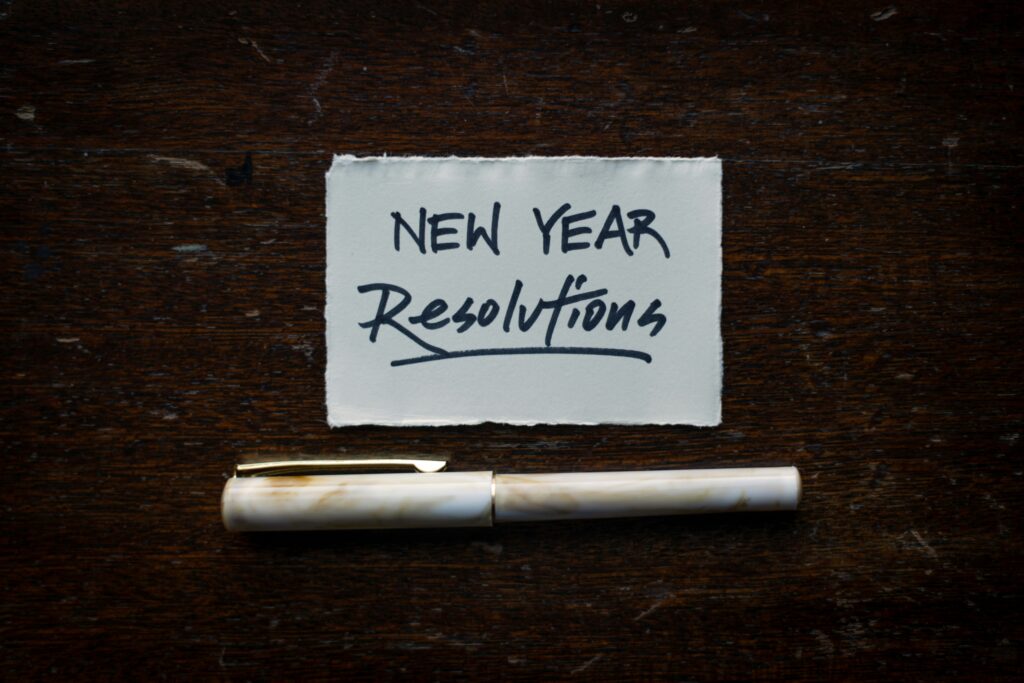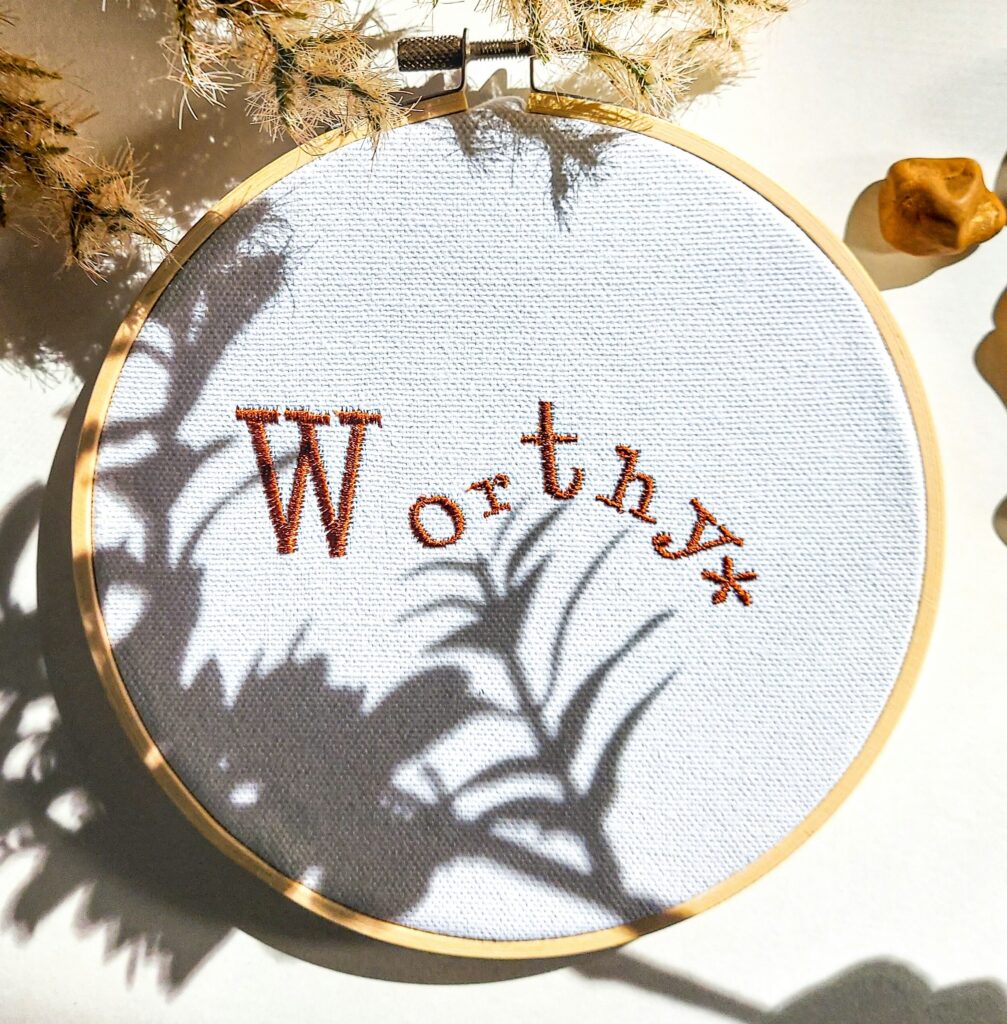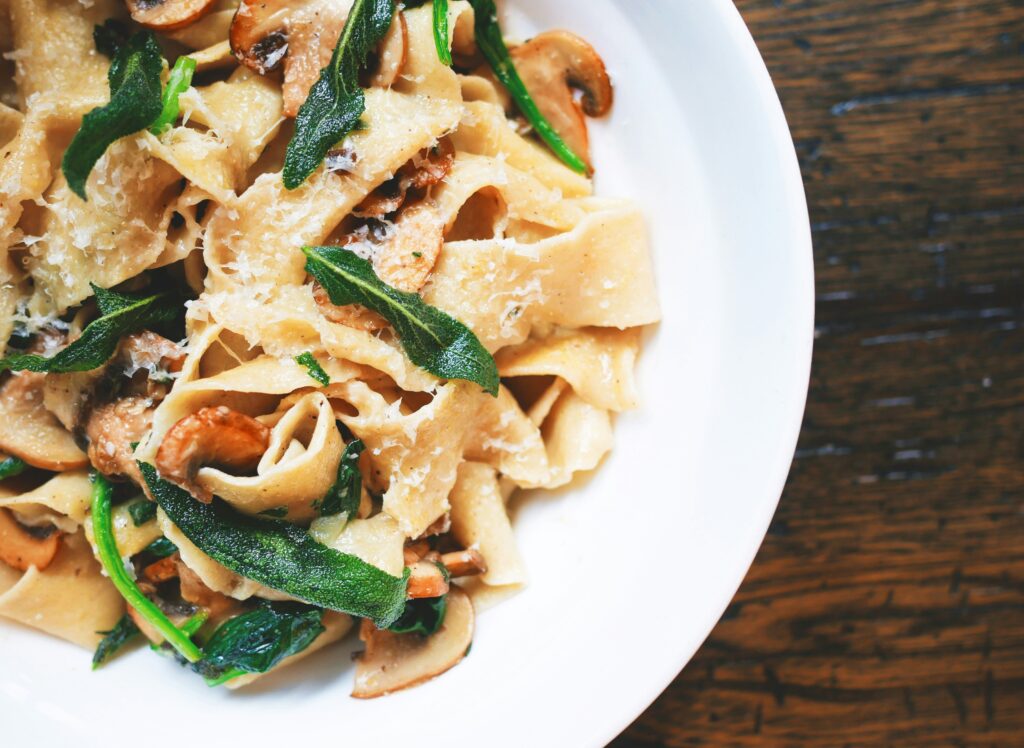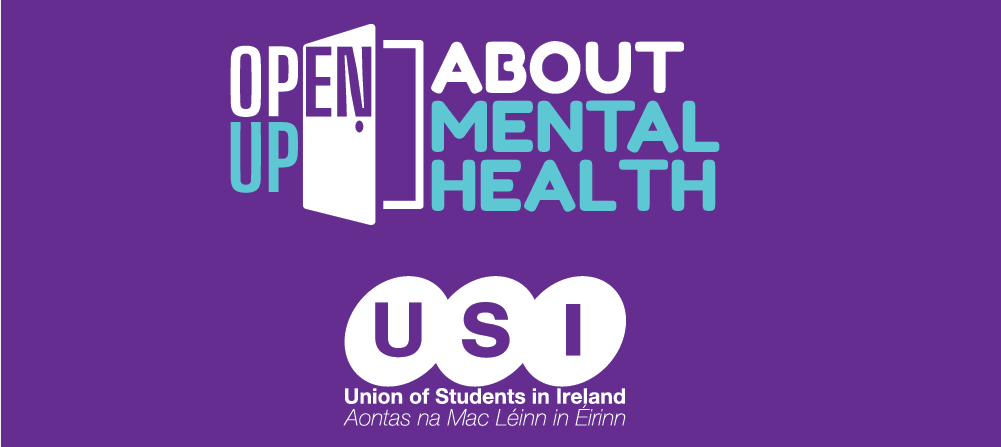
There’s nothing wrong with setting new goals for yourself, and it’s common to want to start the new year with fresh intentions and resolutions.
However, it’s important to remember some important points if you have a new year’s resolution centred around weight loss:
Your size or shape does not define your worth as a person.

While it is good to include more nutritious food in your diet, and to consider cutting down on unhealthy food if you are eating a lot of them, restrictive diets or diets where you cut out an entire food group are often unhealthy and can have harmful effects on your body and your health in the longer term. These types of diets should only be followed if you have certain medical problems (such as celiac disease or diabetes for example), and should only be followed on the advice of a properly trained medical professional.
Many diets are fads that aren’t based in solid, long-term research, and as a result, while you may initially lose a lot of weight quickly, the results will not last and there may be long term health implications.

Being healthy is not about what number is on the scales, it’s about how you feel inside, and it’s about eating enough nutritious food to allow your body to grow and heal and do the things you want to do throughout the day.
There are no inherently good or bad foods – food and eating has no moral value.
What’s important is to listen to what your body needs – if you feel hungry that’s because your body needs fuel to continue operating at an optimal level.

If you are intending to make dietary changes, it might be helpful to be aware of the red flags that your diet may be becoming disordered eating. These include:
- Skipping meals or making excuses for not eating
- Having a very limited or restricted diet with strict rules that cannot be broken
- Stopping other elements of your life such as not going out for dinner with friends, or refusing to ever eat birthday cake
- Frequently worrying about your weight or what you are eating
- Frequently checking yourself in the mirror for ‘flaws’
- Using dietary supplements, laxatives, or herbal products to lose weight
- Excessive exercise (such as not taking any rest days, or not taking time off for illness or social events)
- Eating in secret
If you resonate with a few of these, that’s ok. There is no shame in have disordered eating. It’s important to seek help though, because having disordered eating, or a clinical eating disorder can be dangerous, as not only is it a mental illness, it can impact your physical health in very serious ways such as your bone health, for example.

Some tips for if you would like to make adjustments to your diet and exercise:
- Find out what foods do what for your body, and what healthy foods you like to eat.
- Have fun with your food – experiment with new foods and different ways to cook the food you already eat. For example, if you like carrots, maybe try roasting them, or pureeing them
- Try to make small, sustainable changes. If you overhaul your whole diet, you might not stick with it, but if you introduce one small change every few days, such as adding a piece of fruit to your breakfast, or drinking an extra glass of water each day, you might find it easier to keep up the habits you want to introduce.
- Getting outside to exercise can be hard at this time of year, and if you’ve never been to a gym, it can feel a bit daunting. If you really want to start going to the gym, maybe find a partner who will go with you. Maybe instead of forcing yourself out for a 5k run in the dark, plan a lunchtime walk with a friend, and bundle up warm. Or if the weather is really awful, try putting on some tunes and dancing around your room. When it comes to exercise, what’s important is that you’re moving your body in some way. It doesn’t have to be punishing and it shouldn’t cause you severe pain. If you have not exercised much in the recent past, you may feel some initial pain, but this should not prevent you from going about your daily life.

If you’d like to make changes and you still aren’t sure, there are professionals out there that can help. It can be difficult to ascertain if someone is a quack or if they are truly a qualified professional but for guidance on your diet, dieticians in Ireland are regulated by CORU (the health and social care professionals council), although it’s important to note that nutritionists are not regulated in Ireland, so anyone really can call themselves a nutritionist. If you are looking for advice on exercise and movement, a physiotherapist can help. There are also many personal trainers out there, and while it is up to you if you use them or not, be careful of the potential that some of them might not be properly qualified. There’s no regulatory body for PTs, so again, anyone can call themselves a PT. However, some key things to look out for is whether they listen to your needs and wants, whether they work with you to develop a programme that works for you, whether they try to push supplements on you, and whether they try to get you to stick to a restrictive or very low calorie diet. If you are starting to work with any of the professionals mentioned, make sure to ask lots of questions, so you can tell if they are upselling you a fad, or if they are qualified and willing to meet you where you are. A good quality professional won’t mind you asking questions about these things.

Bodywhys is the national organisation which supports and educates people with disordered eating or eating disorders. There is a lot of information available on their website, and they also have supports such as support groups – and you don’t need to have a diagnosed eating disorder to attend these. They also have a website dedicated to educating and supporting people around body image, regardless of whether you have an eating disorder, disordered eating, or whether you just need some support of information on this topic.

Please remember that if you are struggling in any way with your perception of yourself, your ability to maintain a balanced diet, or your mental health, there is no shame in any of these things, and help is available – help which you are deserving of. Regardless of your weight or shape, you are an important person that is of value in multiple ways. Please talk to someone if you have difficulty believing this.


Recent Comments